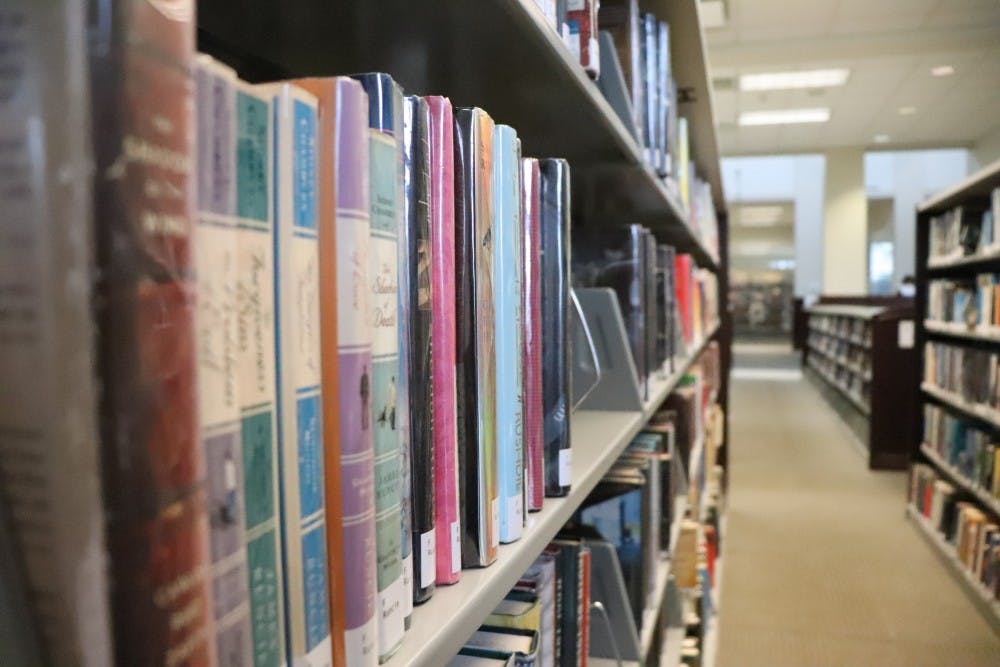Flipping through a literature syllabus, some works are familiar, some authors may be recognized and others may be completely obscure. It can make people wonder why and how these texts are chosen.
Craig Bertolet, professor and director of undergraduate studies in the English department, said literary canons are forever changing, and so are Auburn literature classes.
“In the later 20th century and in the 21st century, we are in the process of ‘What are going to be texts that are culturally significant or are intellectually vital to our society?’" he said. "So those might change."
Certain authors may stay in a canon longer than others because many works after them allude to their text, he said, and one example of this is Shakespeare.
Auburn and other universities have author-based classes with Chaucer, Shakespeare and Milton because these authors represent the old tradition of the English canon, Bertolet said. The canon for English literature is “fairly young” when compared to other written languages like Latin, he said.
"American literary canon is younger than most canons since we have not been a country for long when compared to other nations," he said.
Because of this, core British literature classes tend to be taught as survey classes, going through the periods and finding works that show some aspect of that time, Bertolet said. Meanwhile, the core American literature classes tend to focus more on something the professor specializes or researches in.
Bertolet said whatever materials and texts are available affects literary canon. Some classes may have less variation in what materials are read because there’s a limited amount of text that survived that time period; however, the professor has freedom to choose what text they want to use.
“The only restriction you get is the text has to be relevant to the topic,” he said.
Erin Powe, junior in English literature, said when she took critical thinking it was taught with contemporary texts, but when her friend took it, it was taught with older texts because they had different professors.
“The class really lives or dies by the professor,” she said.
Powe said she has had different professors teach the same material, but how the professor engaged with the text impacted the class experience. One of her favorite classes was medieval translation because the class went in-depth with culture of the time and how to view the material with different perspectives.
“We were supposed to see the class through the lens of a certain trade and then to understand the city better and know some of the literature that way,” she said.
Olivia Harris, senior in English literature, said since the professor gets to pick the materials for the class, they can provide more insight. The professors can give more information and students can ask in-depth questions and get in-depth responses.
She said the classes helped her gain perspective but also showed her how everything is connected.
“It seems that every class I go into I can pull material from another class to relate to what I’m learning currently,” Harris said.
One of her memorable classes was African American literature before 1900, which is now offered as a core course, Harris said. She enjoyed reading two novels in that class: “The Marrow of Tradition” by Charles Chesnutt and “The Garies and Their Friends” by Frank J. Webb. She said she probably would not have encountered those novels if it wasn’t for that course.
“You get perspectives from different authors that you don’t read in a lot of your other classes,” Harris said.
Bertolet said before every semester the English department publishes detailed course descriptions where students can access a list of the texts that will be read. He said this information can be found online or on the bulletin board in the English department.
Do you like this story? The Plainsman doesn't accept money from tuition or student fees, and we don't charge a subscription fee. But you can donate to support The Plainsman.

Abigail Murphy, senior in journalism with minors in history and women and gender studies, is the operations managing editor at The Auburn Plainsman.





